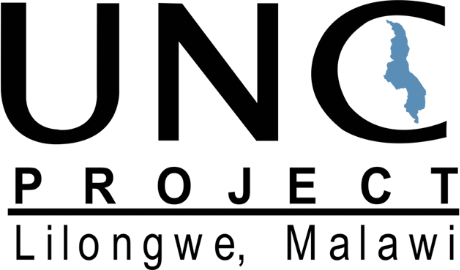Quality Improvement
COURSE SUMMARY
The course introduces participants to Quality Improvement (QI) methods, which enables them to develop skills in using the QI tools to solve real-life improvement problems and generalizable insights about use of QI to facilitate local and global improvements in health care and public health. The following areas will be covered in the course: Key Frameworks in implementation research, Designing complex public health systems (Design elements, Process design, testing solutions), Introduction to Principles of Improvement, Viewing Work as a Process, collecting Data for Improvement, Analyzing Baseline Data for Patterns and Trends, Generating, Testing, Implementing and Evaluating Improvement Solutions, Adapting and Sustaining Solution. In the first two weeks, participants use the online platform to form an understanding of Quality Improvement (QI) strategies and tools. In addition, they will acquire knowledge about basic QI theory through the Institute for Healthcare Improvement (IHI) Open School QI courses. In the third week, participants engage (in greater detail) with Quality Improvement methodology and implementation strategies through case study. During online live sessions, participants become familiar with project environments, collection and analysis of performance data as well as developing solutions to address specific performance issues. In the course of this third week, participants will work on a case study and present solutions to their chosen performance issue from the case study.

INTENDED LEARNING OUTCOMES
-
To understand Quality Improvement (QI) methods and measures; -
To develop skills in using the tools of QI in the context of improvement; -
To develop generalizable insights about use of QI to facilitate local and global improvements in health care and public health; -
To conduct a quality improvement project under mentorship
